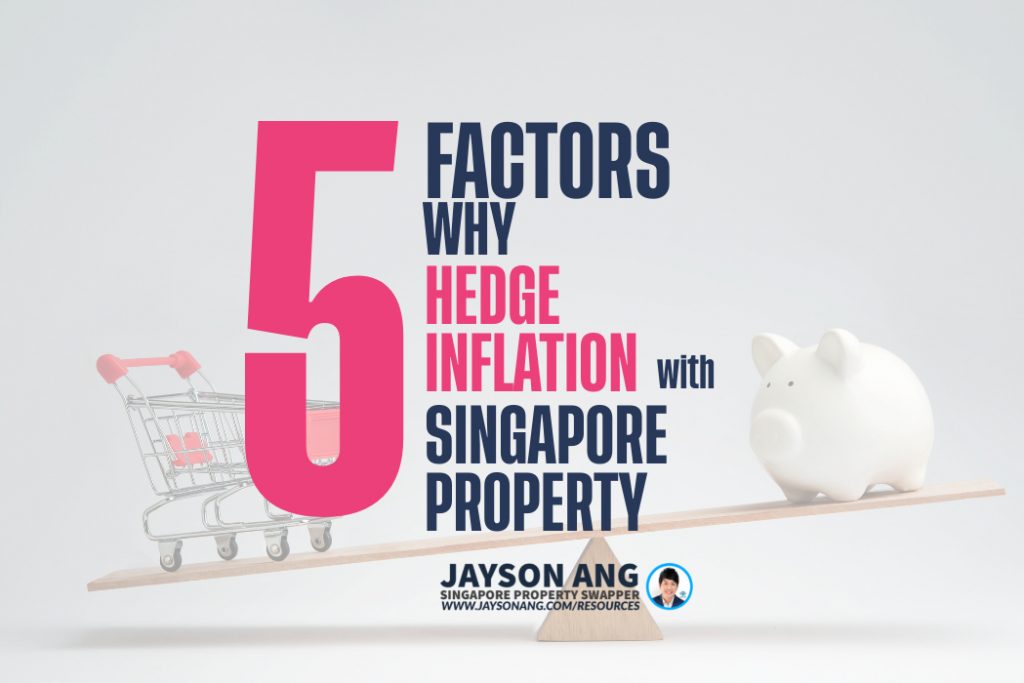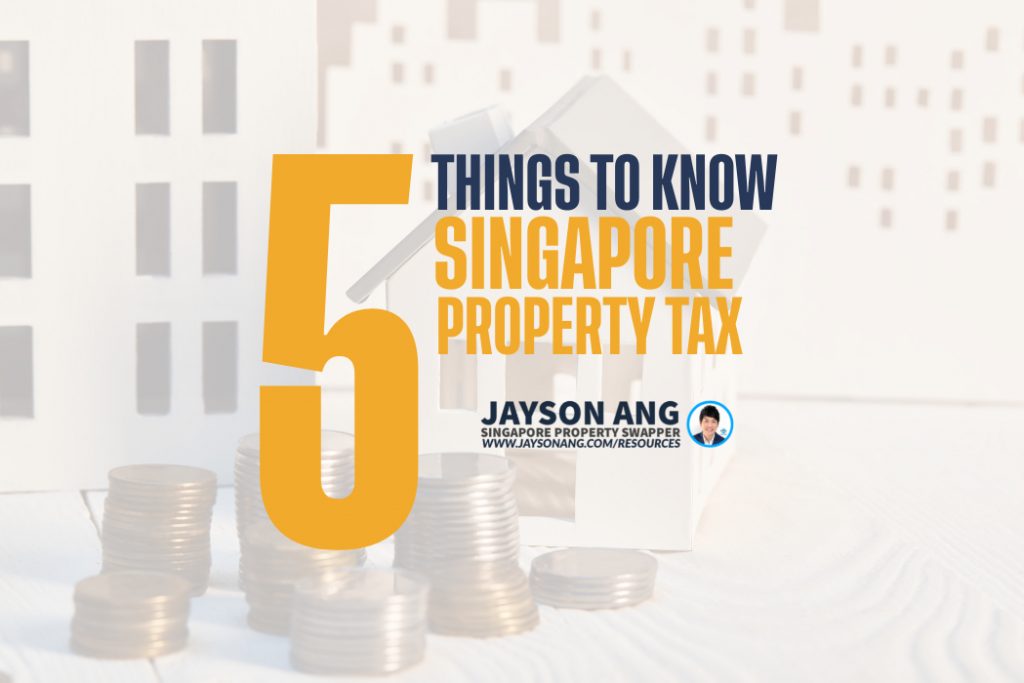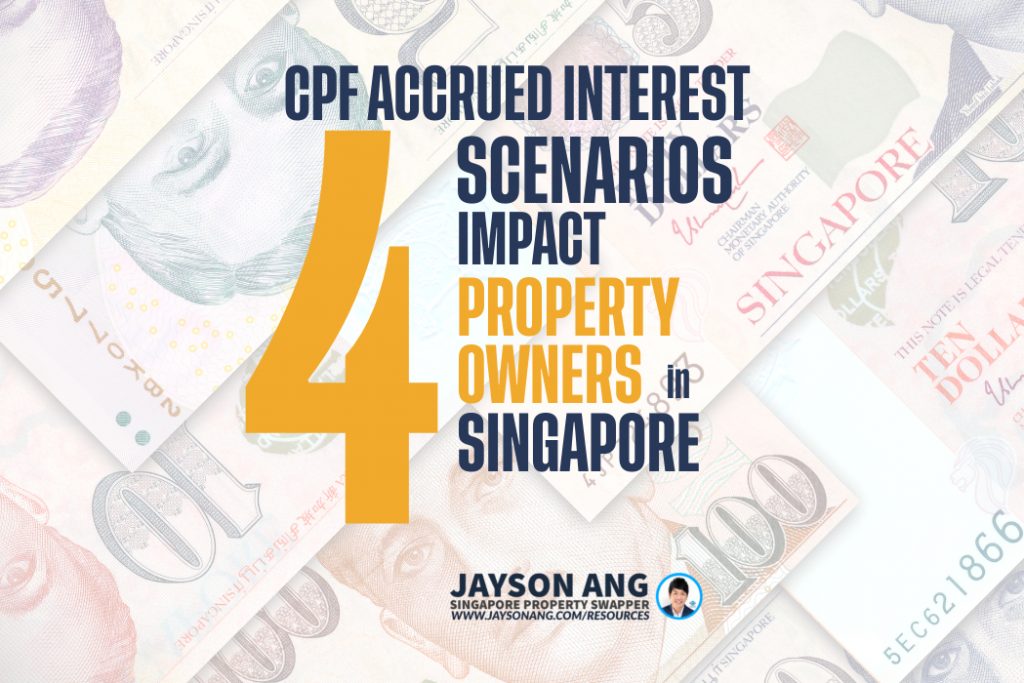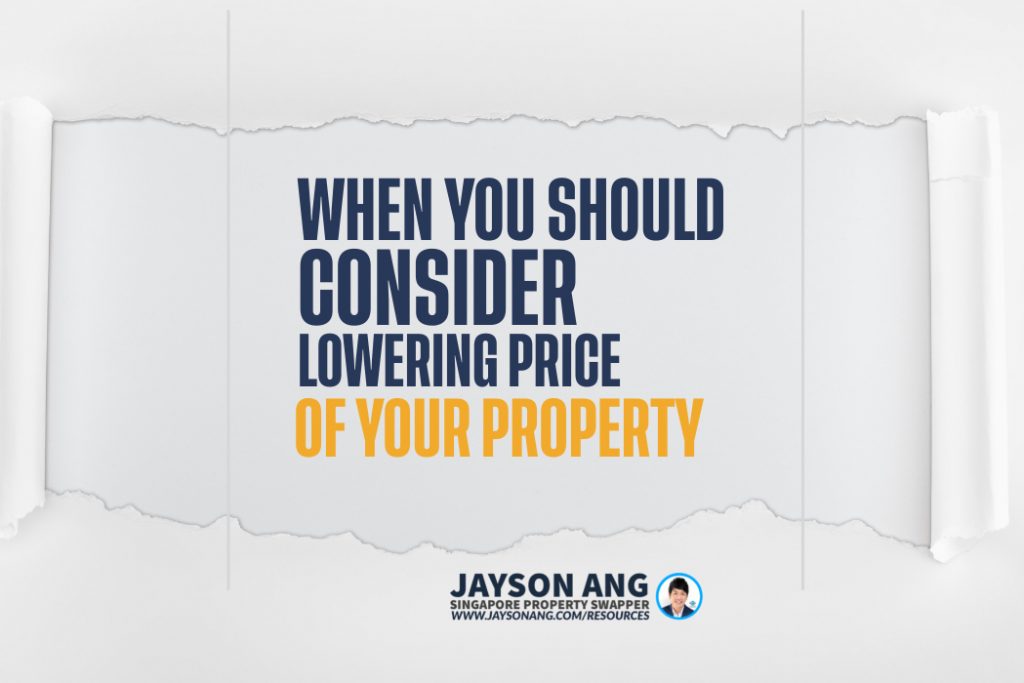TLDR
When considering property preferences, what may appear as a disadvantage to some buyers could be a unique opportunity for others. For instance, older properties with long leases can be attractive to both homeowners and investors. Views that are obstructed or located on lower floors may not be a deal-breaker for buyers who prioritize other factors. Combining rooms in resale units, being next to a hospital, and having large bay windows and balconies are features that may have varying appeal to different buyers. Additionally, caution is advised when dealing with properties with a history of attempted collective sales. Ultimately, the decision to buy, sell, or wait depends on individual circumstances and goals in the real estate market.
When discussing property preferences, what may seem like a property “disadvantage” doesn’t necessarily mean it’s a deal-breaker for everyone. Sometimes, people are specifically on the hunt for these so-called negatives due to their personal living situations or unique requirements.
So, let’s delve into a few scenarios where these perceived “property pitfalls” could actually be beneficial, or even sought after, by certain home buyers.
1. Advanced Lease Decay
A good number of property seekers often shy away from homes that have been around for over four decades, especially those tied up with a 99-year lease. They believe these properties won’t offer much when it comes to resale value. Plus, they’re aware that securing a full loan from a bank for such an old property could be quite challenging.
However, there’s a certain breed of buyers who deliberately hunt for these vintage properties and turn them into opportunities.
The first group is comprised of older buyers who are interested in these properties for personal use. They have other wealth to pass on to their kids, who already have their own homes, making the inheritance aspect irrelevant. What attracts them to an old leasehold property is the possibility of living in a prime location without breaking the bank, with the potential of an en bloc sale being an added bonus.
Take Lutheran Towers as an example. Despite being built in 1974, this leasehold condo still witnesses a fair amount of deals among its 76 units. The reason? It offers spacious 1,900+ sq. ft. units for just over $2 million, which is a steal considering its prime location in the expensive Bukit Timah area.
The second group of buyers are seasoned investors and landlords. They understand that tenants aren’t bothered about the remaining lease years. Therefore, they can revamp these old properties and lease them out at rates similar to those in the vicinity.
People’s Park Complex stands as a testament to this strategy. Despite its lease starting way back in 1968, the units here can go for as little as $950+ per square foot. However, thanks to its central location in Chinatown, rental rates average about $4.70 per square foot, resulting in gross rental yields of 4.9 per cent or higher.
In fact, some landlords exclusively look for such properties. Their aim could be either to achieve positive cash flow from the get-go or to generate a steady stream of rental income for their retirement.
However, if you’re new to this game, a word of caution. This strategy is best left to veteran landlords with a keen sense for identifying properties that can be economically renovated and rented out. If you miscalculate, selling such an old property can be quite challenging. So, it’s not recommended for novices.
2. Views That Are Obstructed Or Located On Lower Floors
If you’re on the hunt for a property to call your own, it’s worth pondering over how much weight you place on having a good view. Are you willing to shell out extra cash just to secure a higher floor or a “prime” unit that offers unhindered views?
It’s also crucial to take into account the surrounding parcels of land and their designated uses. Spending top dollar on a promising views could backfire if a new skyscraper or condominium sprouts up, obstructing your once clear sightline.
If you’re the type who couldn’t care less about what’s outside your window or you think you might get fed up with the scenery eventually, perhaps it’s best to forgo the view. The money you save from choosing a property with a less desirable outlook could be invested in a larger space or even fund a significant portion of your home makeover.
Interestingly, there are a few property investors who see potential in “unattractive views.” Some property owners argue that tenants, as a collective group, aren’t overly concerned about picturesque surroundings. If rental prices rise, they’d likely settle for a more economical option within the same building, regardless of whether the window opens up to an awe-inspiring cityscape or someone’s cluttered backyard. But, be mindful, there’s no solid evidence to back up this claim!
3. Combining Rooms In Resale Units
It’s pretty common for real estate gurus to give the thumbs down to apartments with combined rooms—like when a three-bedroom place gets transformed into a two-bedder with extra-large rooms.
Why? Well, most folks in the market for a new pad are looking for more rooms, not bigger ones – they’d rather have an additional study or bedroom than one oversized space. This goes for investors too, who see an extra room as an opportunity to bring in another renter.
But hey, there are always exceptions. Some people dig the whole open-space concept, especially homeowners who aren’t expecting a full house anytime soon. Think empty-nesters whose kids are off to college or about to tie the knot. Or fans of minimalist design, a la Japanese or Scandinavian styles, that thrive in this kind of layout. And let’s not forget those who were planning on tearing down walls anyway—they’ll score big by saving on renovation costs.
So, if you’re keen on the idea of larger rooms, make sure to give your agent the heads up. Otherwise, they might steer clear of these places or advise against them.
4. Being Next To A Hospital
Residential properties such as Ola, situated adjacent to Sengkang General Hospital, and Treasure at Tampines, which has several buildings near Changi General Hospital, spring to mind in the context of homes close to medical facilities. It’s noteworthy that a section of prospective buyers didn’t favor these complexes, or at least certain units, owing to their close proximity to hospitals.
The reasons for this vary widely among individuals. Some are influenced by personal beliefs and superstitions, like the principles of Feng Shui, or simply an aversion to living “close to illness.” Conversely, there are those whose objections are grounded more in practical concerns, such as the disturbance caused by frequent ambulance sirens, particularly for households with infants.
However, it’s worth noting that being in the vicinity of a hospital has its own set of benefits. Landlords, in particular, seem to appreciate such real estate. With the acute scarcity of healthcare professionals in Singapore, many nurses, emergency medical technicians, doctors, and so forth hail from overseas. A good proportion of these individuals prefer residential locations near their workplaces, thereby creating a tenant pool for these properties.
It is also advantageous that property prices tend to be more affordable due to their proximity to hospitals, enabling landlords to invest less capital. Additionally, there are homebuyers who have practical reasons for residing near hospitals, such as those with regular medical needs or those employed in the hospital itself. Interestingly, hospitals often inadvertently serve as local amenities due to the tendency to establish food courts, chain restaurants, and similar outlets within their premises.
5. The Large Bay Windows And Balconies Are Prominent Features Of The Unit
In the early 2000s, bay windows were all the rage, primarily because they offered an additional revenue stream for developers. They would price in the square footage occupied by not only these windows, but also planter boxes and air conditioning ledges, among other things. Despite their minimal contribution to the actual living area, they were nonetheless factored into the cost.
For this reason, prospective buyers often recoil at the sight of large bay windows. Yet, certain homeowners find them appealing. If spacious enough, these windows can be transformed into serene reading corners or cozy nap spots. They also serve as safe havens for indoor plants, proving a more secure alternative to an exposed balcony.
Similarly, older condominiums commonly feature expansive balconies, a trend that was popular throughout the ’80s and ’90s. In recent times, however, such balconies are perceived as squandering valuable living space. Current homeowners also frown upon the upkeep required for these open areas, which bear the brunt of weather conditions.
Still, some house hunters hold a soft spot for sizable balconies. These spaces provide opportunities for alfresco dining or become a natural extension of the interior living quarters. Those accustomed to residing in landed properties may find it less of a shock transitioning to a condo with a balcony, as opposed to a completely enclosed unit.
On the other hand, puny balconies—the kind that barely squeeze in a pair of chairs—are universally seen as problematic. These diminutive additions encroach on precious living areas, offering little scope for utilization.
6. Two Years Ago, There Was An Attempt To Collectively Sell Enbloc, Which Came Very Close To Being Successful
If you’re a property owner, it’s best to steer clear of this situation. It’s not ideal to purchase a home, settle in, pour money into refurbishments, only to be hit with a collective sale after a couple of years. Don’t forget, you might even have to fork out for a Seller’s Stamp Duty (SSD) if the collective sale occurs within the first three years.
This is pretty much the worst-case scenario for every potential homeowner. Not to mention, battling a collective sale isn’t exactly a walk in the park—it’s a draining and time-intensive ordeal. Thus, we recommend doing your homework on any past collective sale attempts before sealing the deal on a resale condo. Also, maintenance can become a headache, as management is less inclined to maintain the property if everyone’s simply biding their time until a collective sale.
On the flip side, for those high-rolling investors eager for a quick profit via a collective sale, the strategy is reversed. In such situations, you’d likely aim for a property near an imminent collective sale, particularly if developers are already showing interest. If all goes to plan, you could lease the unit until the collective sale takes place, then promptly upgrade to a different property. While there’s a fair share of risk involved, it’s not entirely impossible to come out ahead—people have managed to pull it off.
However, don’t bank on a ton of collective sales happening in 2024; especially with the price tag of substitute properties remaining through the roof.
Should You Buy, Sell or Wait?
If you’re reading this, you must be trying to figure out the best course of action right now: is it the right time to buy or sell?
It’s difficult to give an exact answer since everyone’s situation is unique and what works for one person may not necessarily work for you.
I can bring you a wealth of on-the-ground experience and a data-driven approach to provide clarity and direction. From beginners to experienced investors, our top-down, objective approach will help you on your real estate journey.
I can help you by:
- Offering Strategic Real Estate Advice – I can help create a comprehensive plan to guide you through your property journey.
- Connecting Your Home with the Perfect Buyers – Through stunning visuals, an effective communication strategy, and an in-depth knowledge of the market, we’ll ensure your home is presented in the best possible way to fulfill your goals.
You May Also Like …











































































